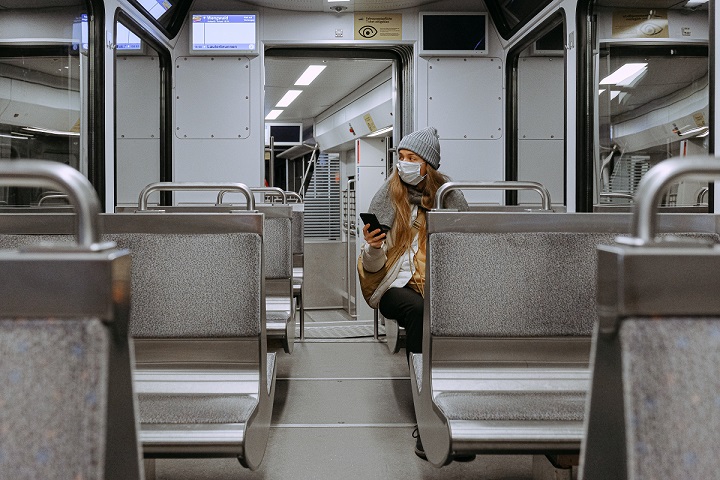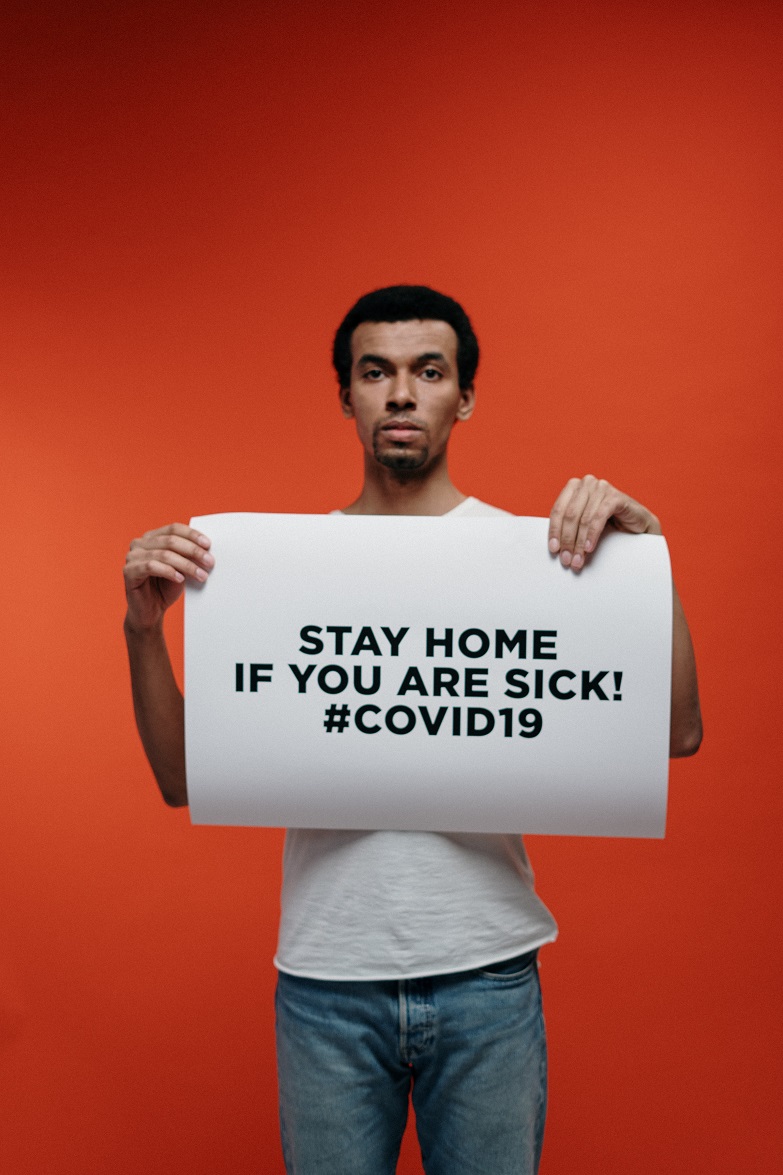People have been dishonest when it comes to practicing COVID precautions, data shows.
As COVID-19 quickly swept its way across the world, global fear broke out with scattered attempts to delay and prevent the spreading of the virus. Governments, organizations, schools, and businesses quickly adopted safety precautions to mitigate the virus. The public was encouraged (then forced) to adhere to precautions such as social distancing, quarantining, COVID testing, health screenings, wearing masks, hand washing, sanitizing, and eventually, vaccinations. While the recommended health measures had the potential to reduce the spread of the virus, it all depended on the public’s honesty when it came to participation. The measures proved cumbersome, bringing serious psychological, social, financial, and physical strain on society and making it difficult to carry out the precautions long-term. This inevitably brought about some dishonesty and disregard of the measures entirely.
Many people were found to have withheld information or to not have display honesty concerning having COVID-19 in order to attend appointments, continue working, or engage in social functions. Claiming a positive vaccination status, even if untrue, would allow someone to travel or attend functions restricted to vaccinated individuals only. It would also prevent judgment from peers and help avoid uncomfortable confrontations.

It has already been found that people tend to disregard honesty and withhold personal information if it is embarrassing, private, or self-serving to do so. However, when it comes to COVID-19, not participating in public health measures renders them ineffective and continues the spread. Early studies during the pandemic showed that 55% of participants revealed they were dishonest about their symptoms, and 53% of those who were ordered to quarantine didn’t do so. Ten percent of employees continued going to work despite being COVID-positive.
The 16-day U.S. online study approved by the Institutional Review Board of the University of Utah focused on personal experiences throughout the pandemic. The participants were diversified as one-third never had COVID-19 or the vaccination and another third either had COVID-19 or were partially vaccinated. Participants were asked a series of questions gauging misrepresentation and nonadherence. Misrepresentation included failing to mention or not disclosing information about having COVID-19, symptoms of COVID-19, or being in the presence of someone who had COVID-19.
The survey also reviewed whether the participants failed to display honesty while being screened to enter a clinic or some other public place. In addition, it covered whether they told someone they were taking more precautions than they actually were or were vaccinated when they weren’t. And lastly, the survey asked whether they had told someone they didn’t have to quarantine when they needed to. Nonadherence was measured by asking if they avoided practices such as COVID-19 testing, breaking quarantine rules, or mask compliance.
Participants often reported reasonings associated with religious beliefs, political party affiliation, vaccine beliefs, conspiracy beliefs, and sources of information pertaining to COVID. Additional common reasons among participants were, “it’s no one else’s business,” “I didn’t want someone to judge or think badly of me,” “I wanted to feel normal,” “I wanted to exercise my freedom to do what I want,” “I wasn’t feeling very sick,” and “I didn’t think COVID-19 was real.”
Out of the nationwide survey of 1733 adults, 721 of the participants showed misrepresentation or nonadherence to COVID-19 safety measures. The most common behavior reported was telling someone they were taking more preventative measures than they were. The second most common was breaking quarantine rules. The results overall showed that younger participants and those with a greater disbelief in science were more likely to abstain from medical precautions and had a higher chance of suppressing medical information. These groups show an increased need to address the root cause of misrepresentation and nonadherence.
It’s scary to think that this virus could be more widespread than the public is aware due to deliberate efforts to keep quiet and go about one’s day-to-day despite being symptomatic.
Sources:
Misrepresentation and Nonadherence Regarding COVID-19 Public Health Measures
Survey Finds More Than 40% of Americans Misled Others About Having COVID-19 and Use of Precautions.


Join the conversation!